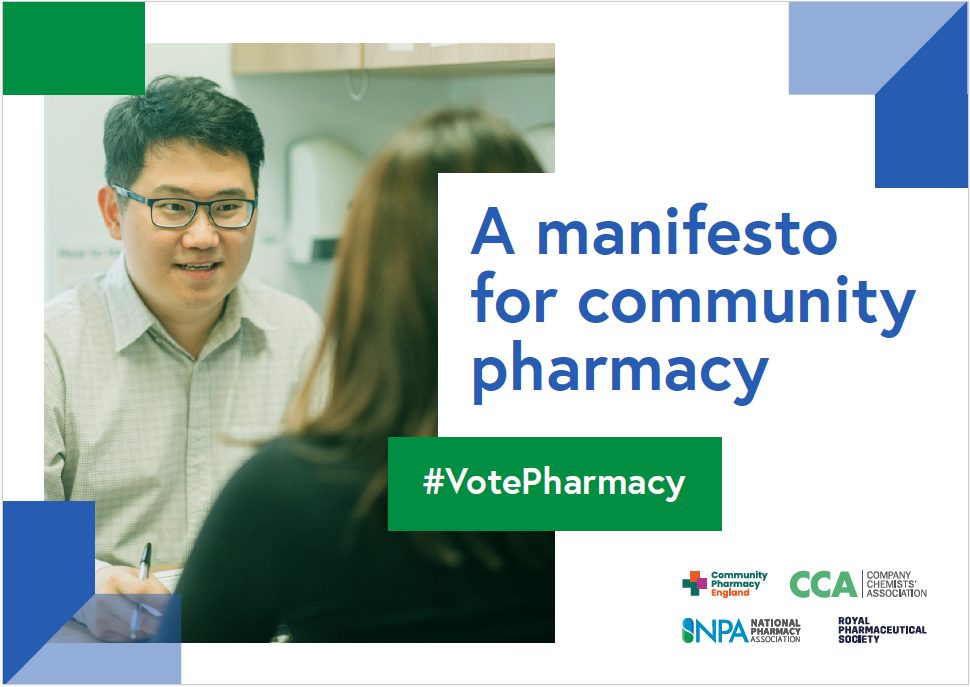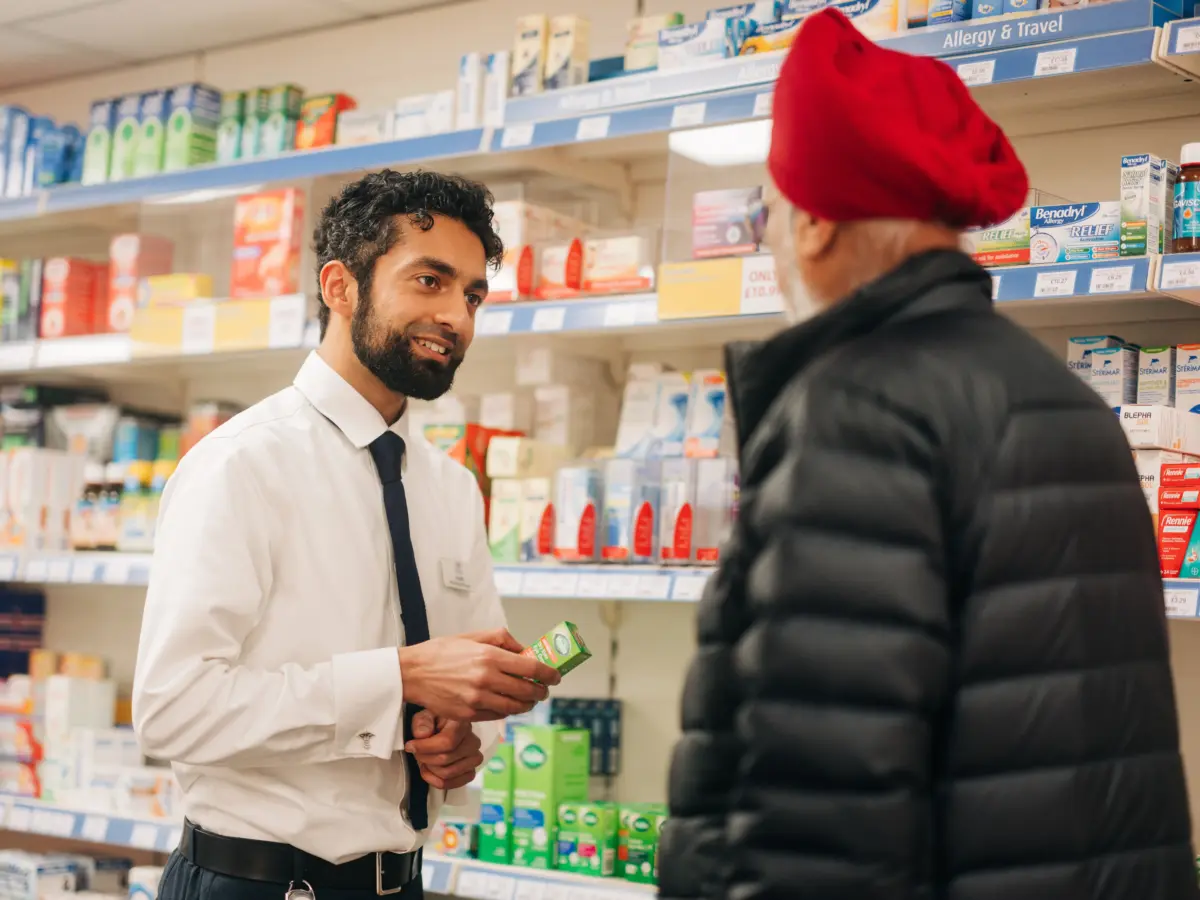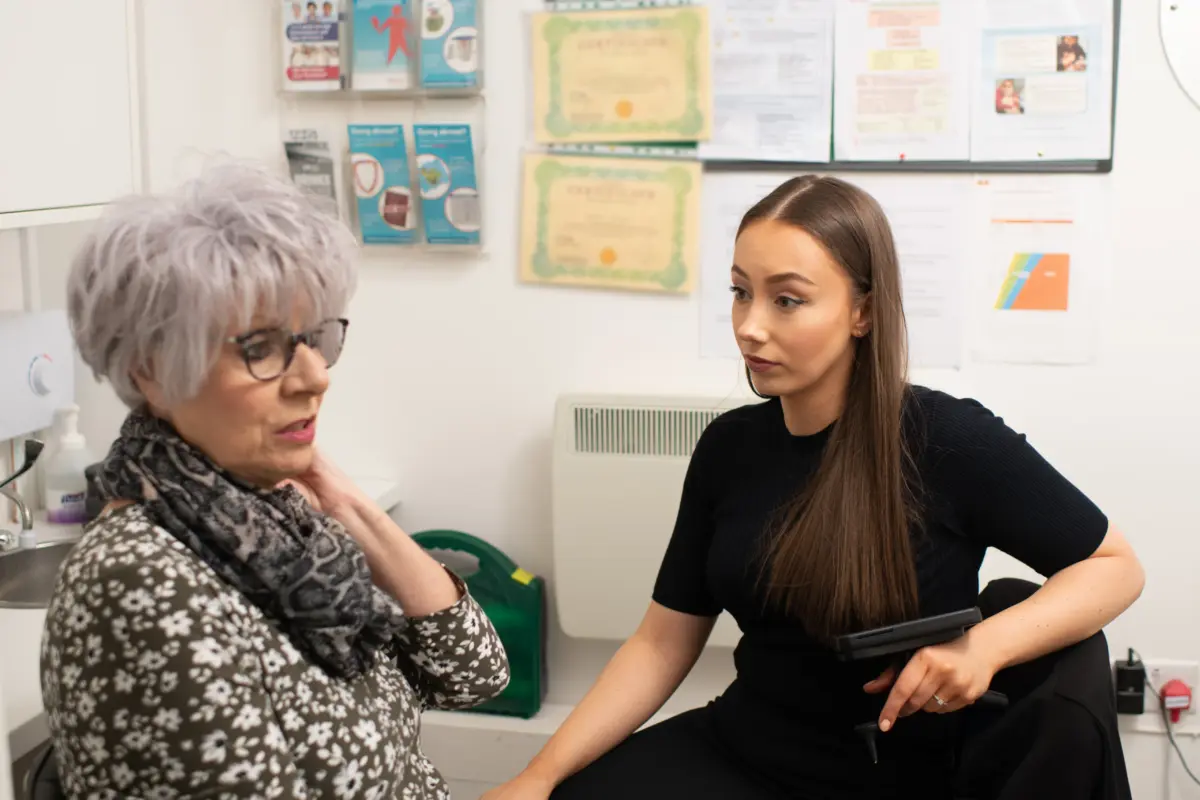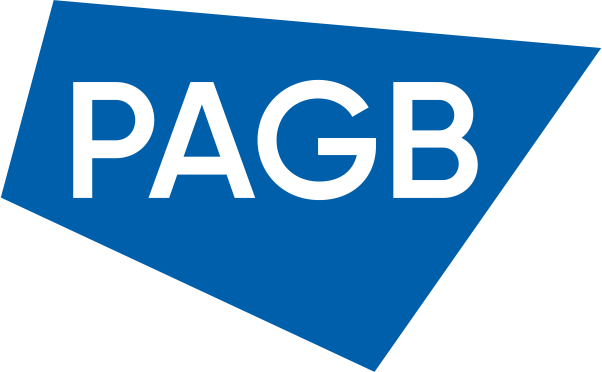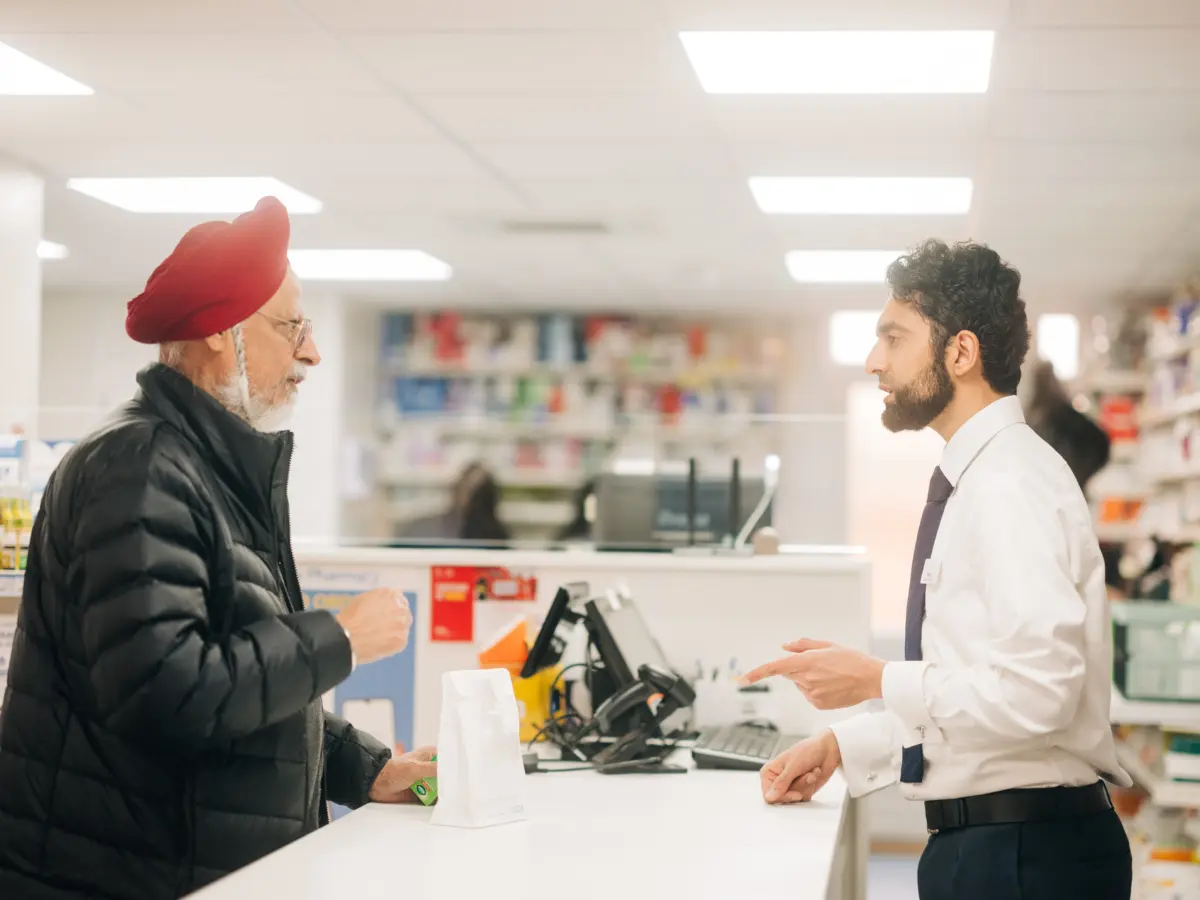Service case study: Evaluation shows positive outcomes for Cornwall domiciliary service (April 2016)
Published on: 5th May 2017 | Updated on: 28th March 2022
An evaluation of the Community Pharmacist Domiciliary Visit service in Cornwall has shown that the service offers significant benefits to patients and the NHS; and includes the recommendation that the service is commissioned in all pharmacies across Cornwall so more housebound patients can benefit from the valuable service.
What does the service involve?
Community pharmacists visit older housebound patients in their own home, to have an informal and relaxed conversation allowing the patient to tell their story and voice their concerns in a familiar and comfortable environment.
This service is different to domiciliary Medicines Use Reviews in that there is no structured questioning; rather, many open ended questions with a Visit Form being used as a conversation guide only. The pharmacist assesses the patient’s adherence, understanding of their condition and treatment, and offers lifestyle support as well as the removal of unwanted medicines for safe disposal. The service can also be extended to consider education around signals that the patient should be aware of which indicate they may need help, for example, this might involve using a peak flow meter to self-monitor a lung condition or describing signs of bleeding in patients receiving anticoagulants. Typically, this will require approximately one hour of pharmacist time; however, this is not limited if the patient has a greater need.
The resulting action plan is shared (with the patient’s consent) with the GP and any other appropriate member of the patient’s health team. It will outline the interventions that have been and will be made, by whom, and a timescale where necessary.
Funding for the service has been provided by the Prime Minister’s GP Access Fund (formerly known as the Prime Minister’s Challenge Fund), the South West Clinical Network Group, as well as from Kernow Clinical Commissioning Group who funded the role of a project manager once the need was identified.
What does the evaluation show?
The service evaluation features the cases of four patients whose lives have been dramatically changed as a result of pharmacists’ interventions. Prior to the visit, the patients were confused, disorganised and didn’t know who to approach for help. As a result of the service, patients are feeling much more confident about their medicines and know when to seek support and advice.
Data from the evaluation shows that:
- 30.5% of people are likely to have avoided an unplanned admission to hospital, 60.5% of these were associated with high-risk medicines and 46.5% with analgesics;
- 67.4% of those using inhalers had an associated intervention;
- 43% of people had wasted medicines, some had significant volumes of potentially dangerous Controlled Drugs accumulated, exacerbated in a number of cases with patients showing symptoms of dementia and confusion;
- 68.5% of people visited were within the classes of vulnerable to severely frail; and
- 52% of the people visited resulted in a cost impact to the GP prescribing budget; 86.3% resulted in a cost saving.
The evaluation also shows that community pharmacists helped to achieve:
- a reduction in GP consultations and hospital admissions;
- prescribing cost savings and medicines optimisation; and
- a reduction in wasted medicines.
Further details on this service and other domiciliary support services can be found on the Community Pharmacy England Services Database.


